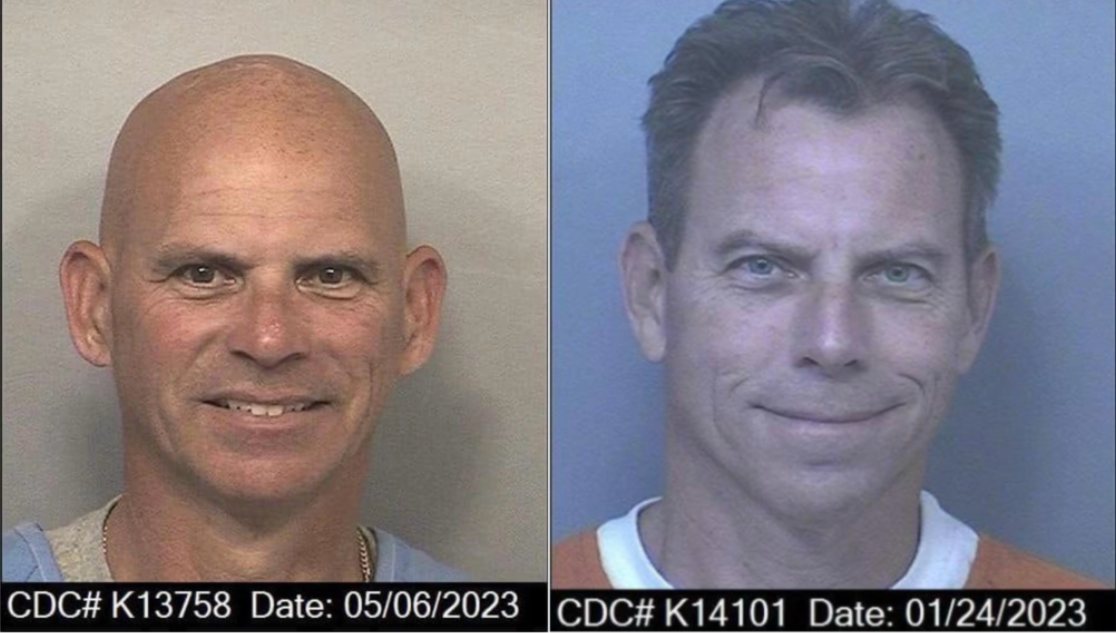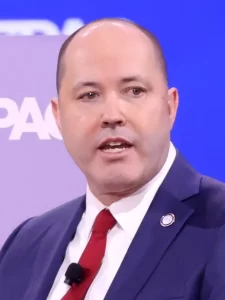The Menendez brothers made headlines in the early 1990s after being convicted of murdering their parents, Jose and Kitty Menendez. Now, over three decades later, their story has resurfaced, not because of new evidence, but because of increasing awareness of cases where violence against family members is rooted in a history of abuse.
Advocates, such as Survived and Punished, are pushing for reforms that could impact the sentencing of individuals like the Menendez brothers, who claim their violent acts were responses to extreme familial abuse.
Lyle and Erik Menendez, both now in their early 50s, were sentenced to life in prison without the possibility of parole in 1996 after being convicted for the brutal killings of their parents in their Beverly Hills mansion in 1989. The brothers confessed to the murders but claimed they acted in self-defense, alleging that their father, Jose Menendez, had subjected them to years of emotional, physical, and sexual abuse. Despite their defense, they were found guilty of first-degree murder.
The case captivated the nation, with the brothers’ high-profile trial broadcast on television. While some saw the brothers as privileged, cold-blooded killers, others believed their claims of abuse, especially in light of the detailed and harrowing testimonies about their father’s actions. This aspect of the case has gained renewed attention, with advocates questioning whether the brothers—and others like them—should have been sentenced differently, given the allegations of long-term abuse.
The Menendez case is emblematic of a larger issue in the criminal justice system: individuals who commit violent acts against family members often do so after enduring years of abuse. Research shows that a significant number of people in prison for crimes like homicide were subjected to extreme abuse by their victims. For these individuals, advocates argue that a more nuanced understanding of their situations is necessary—especially when they can demonstrate that their actions were driven by survival instincts.
Legislation aimed at addressing this issue is beginning to gain traction. Bills seeking to reconsider the sentences of those convicted of violence against abusers have been introduced in several states, with the goal of offering reduced sentences or parole eligibility to people whose crimes stemmed from years of trauma. California, the state where the Menendez brothers were convicted, is among those considering reforms. If passed, such legislation could give incarcerated survivors of abuse a second chance at freedom. In 2018 in California, Senate Bill (SB) 1437 passed, reforming the state’s felony murder rule. This law allows individuals convicted of murder, but who were not the actual killers or did not intend to kill, to seek a reduction in their sentences. Although this law does not directly apply to the Menendez brothers, it reflects a growing movement to re-evaluate harsh sentences for those caught in abusive family dynamics.
As the national conversation around domestic violence, trauma, and the criminal justice system continues, the Menendez brothers’ case stands as a powerful reminder that not all acts of violence are as clear-cut as they may seem. Their ongoing incarceration highlights the need for laws that take into account the complex dynamics of abuse and the psychological toll it can take on its victims.




